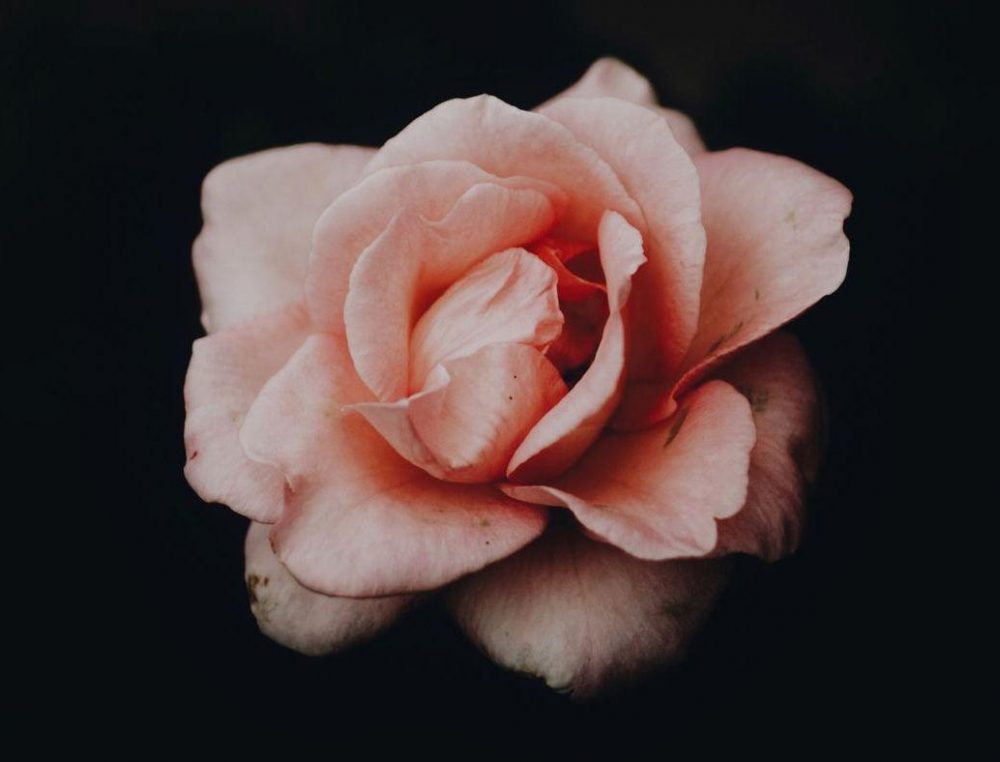
Trigger Warning: This post mentions rape and cutting.
A few weeks ago, I was talking with a friend about what happened to me and how I coped. I mentioned that I used to cut myself and suddenly it wasn’t a nice conversation anymore. There was an uncomfortableness and palpable awkwardness. To me, I was simply listing a fact about my life and sharing a way I coped when I felt I had no better options. But to him and so many people, self-harm is shocking and horrible and possibly disgusting and not to be discussed. I am not here to say that self harm is ‘good.’ That’s not my aim at all. I just wish that people understood it better and didn’t make me feel bad for sharing a way I coped during the darkest times of life.
Let me explain a few things. I was raped on 17 September 2011. Going through the rape and aftermath was more devastating than I could have imagined. It was the most isolating time of my life and though I tried, I did not truly get help until about four years later. Alone and in immense pain, I turned to cutting as what I felt was the only way to relieve myself of my devastating emotions, self-hatred, and often times, feeling numb.
Cutting was not completely new to me. I had started cutting myself in middle school. I cannot remember the first time I cut myself, but I can remember the desperation of that time and the immense school pressure, bullying from my peers, and the depression I had just started to experience. The cutting then didn’t last for too long. I switched schools and made friends, but that seed had been planted.
When I was 18 and dealing with the horror of rape, cutting became what seemed my only ally. If I was crying, cutting helped. If I was scared, cutting helped. If I was angry with myself, cutting helped. But the more I cut, the more I needed the endorphin rush and the feeling of calm. It suddenly took less of a trigger for me to cut myself and it was hard to get through the day without cutting. Cutting no longer took away my fear. I was scared of what I was capable of.
I wish I could say that I was able to just stop. That wouldn’t completely happen until I finally started therapy and dealt with the underlying causes of my cutting. I learned that self-harm is very common after sexual assault and knowing this helped me to not feel ‘crazy’ and alone.
I sometimes still struggle to not cut myself when things get hard, but I tell my therapist about this when it happens and this helps me not feel so alone and I now have other coping strategies, such as ways to distract myself.
I wish that cutting wasn’t seen as so shameful and hidden. I wish that my friend had had a better reaction, but I can’t blame them.
If you are struggling with cutting, please know that help is available and cutting does not need to be a part of your life. And if someone discloses that they are self-harming or did so in the past, listen to them, don’t make them feel worse about the ways they processed their pain, and if they are still cutting, help them find resources to stop.
Cutting was once a ‘friend’ but I was able to stop and I am so grateful that this so called friend is no longer welcome in my life.
Laurie Katz is a 25 year old elementary teacher and rape survivor. A book about her rape and recovery is now available for pre-order here.